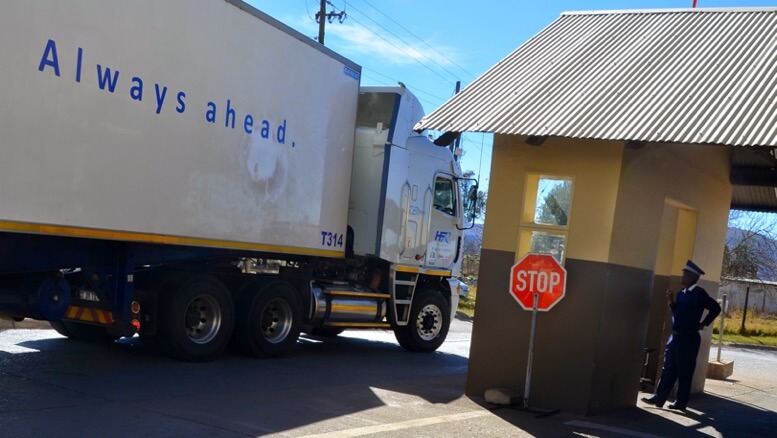Now we know we need a flexible plan, let’s check we have clarity on a few key principles
At our F&L Friday Forum discussion (30 April) we had a reminder of some of the key messages we often hear. Now all stakeholders need to act on these.
Staff support – it has long been the mantra that “it’s a team effort” but this time it really is, and never in recent history have the front-line drivers, seafarers and warehouse operators been more exposed, or better demonstrated their role as essential personnel. Goods cannot move if the transport workers that move them can’t.
- Supply chain relationships – suddenly that competitive instinct and cost driven behaviour has been overtaken by the need to have a closer relationship especially as demand is so difficult to predict. Dialogue is helpful as a constant, rather than when a problem occurs.
- Harmonisation & collaboration – as rules and regulations are tested across boundaries there must be a more cohesive and co-operative mindset from practitioners and public policy leaders to engender much-needed change. Collaboration between users and service providers, governments and the private sector, trade and customs, is crucial.
- Transparency – volatility in trading routes requires open and timely communication and visibility.
- Technology and digitalisation – remember the imminent “paperless office”? Well, at least we should push digitalisation of supply chain “paperwork”. Remote tracking even in its simplest form (location identification) helps. Digitalization, automation, and in general paperless trade will experience a push during the current pandemic.
Insights that will need to be addressed to keep the supply chain operating effectively:
- Ports – have become more than transit points and are evolving as key hubs with the space, capability and contacts to support the efficient flow of trade. Dockers and sailors are critical personnel.
- Ocean-going trade – does the long haul, but is subject to smooth port operations – and port operations not just for the goods and ships, but also for the crews and their wellbeing.
- Rail freight (and intermodal) – will struggle if passenger numbers and social distancing cause train numbers simply to bounce back at the expense of freight – make a case for new passenger timetables around new working routines.
- Trucks – will still be doing most of the heavy lifting across continents, so all stakeholders must find common solutions for empty miles and fossil fuels.
- Planes – with less space available for cargo in the bellies of passenger planes, cargo planes and trains are picking up the spoils.
- Intermodal – had some pick-up at the start of the crisis and has proved its potential.
This week we close our sustainability survey to our network. This does not override the current immediacy of the Covid-19 crisis but rather reflects the view of many in the logistics sector that we cannot lose momentum in tackling the issues around CO2 and sustainability more generally.
Our next Friday Focus will be Thursday 7 May (16:00 CET). For more news from the supply chain front-line, join the F&L discussion.
Jan Hoffmann, Chief, United Nations Trade & Development
Philip Evans, F&L Secretary General
www.EuropeanFreightLeaders.eu
Join the F&L discussion – email [email protected]

 Staff support – it has long been the mantra that “it’s a team effort” but this time it really is, and never in recent history have the front-line drivers, seafarers and warehouse operators been more exposed, or better demonstrated their role as essential personnel. Goods cannot move if the transport workers that move them can’t.
Staff support – it has long been the mantra that “it’s a team effort” but this time it really is, and never in recent history have the front-line drivers, seafarers and warehouse operators been more exposed, or better demonstrated their role as essential personnel. Goods cannot move if the transport workers that move them can’t.





